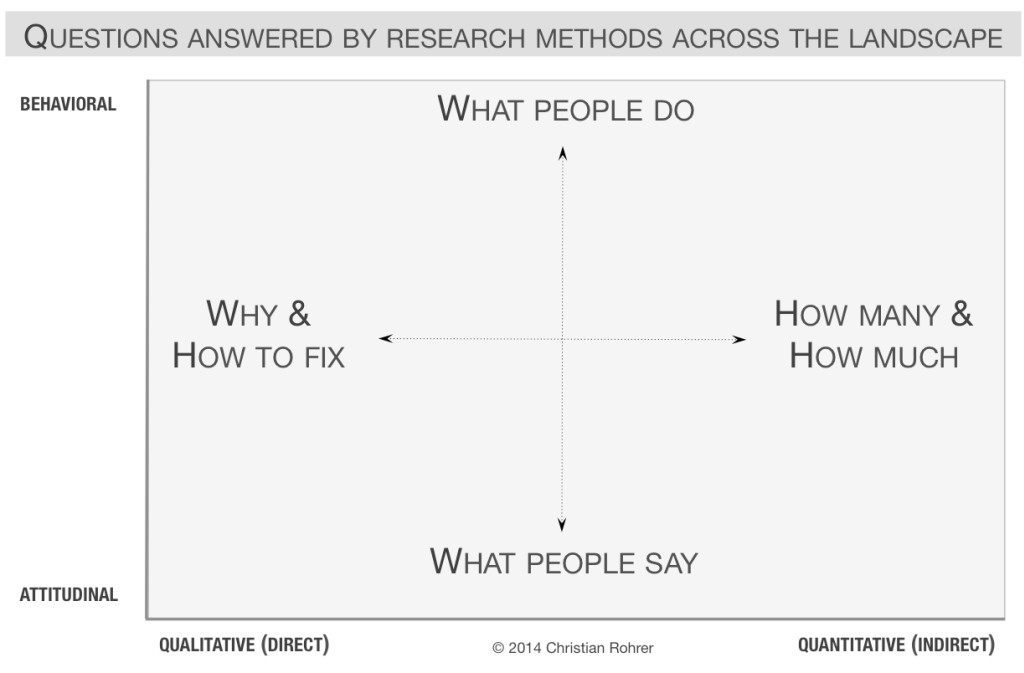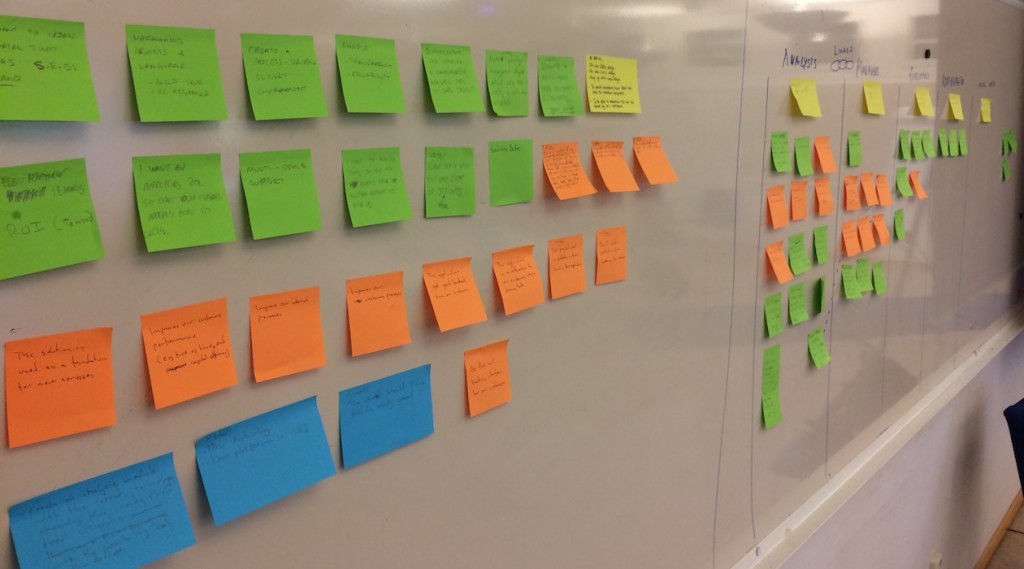UX – Good User Research and UX doesn’t always win
The takeaway: Even the best and most convincing User research doesn’t always get a project moving in the right direction. There is a point where you have to realise that those companies, groups or people have to go through the process of failing before being ready to be helped.
Is a bad experience the best teacher vs Good User research?
To be clear, we are not talking about life lessons – even though that would be a great subject in it’s own right! We are talking about User Experience, also known as UX.
To answer the above question, it depends. Good User research will always trump bad experience when it comes to products, finance and companies. There are only so many blind mistakes that can be made before a product is rejected by its target users, taken off the market or a company that is formed around that product folds.
Sometimes blind decisions or mistakes do lead to very successful outcomes (think of the Post-it Note, Crisps aka Potato Chips, the Microwave Oven) but it’s not a very efficient way to create a successful product.
However, experience can be a good teacher, but not the best one when it comes to UX.
I say that “in this context“ because if an organisation’s leadership has their feet planted on the ground, they can learn from whatever mistake that led them to the conclusion of ignoring the good User research that they had that was designed to help whatever product or project to be successful.
What about Lean UX?
Some have asked, “what about ‘Lean UX’? Isn’t that about learning from experience…being iterative? So it’s okay to ignore User research for a faster delivery…isn’t it?”.
No, that would be short-sighted and not advisable. The person who would raise a question of this type doesn’t understand Lean UX properly and may have a different agenda.
Lean UX is a way to create a great foundation that is focused around the people that use the product you are designing or improving. It involves people at a very early stage, before and whilst design decisions or direction is being formed or established, not after. That forms one of three main components in the iterative Lean UX process.
A Parallel
For the sake of discussion, that question some have asked does parallel life lessons. However, the real truth, joy or success of any life lesson is not to have experienced the negative effects of a life lesson at all (if possible), but to have learned how to dodge those proverbial mines in that minefield because of previous travellers one has observed.
A simple parallel from the world of UX. Back to the subject at hand…
The reality is that even the best and most convincing User research doesn’t always get a project moving in the right direction. There is a point where you have to realise that those companies, groups or people have to go through the process of failing before being ready to be helped.
There are several reasons why this could be. The most common reason boils down to the UX maturity of the company, groups or people you are working with. The worst would be “having hostility toward UX”, whereas the best would be “an organisation that is User-driven” as the Nielsen Norman Group refers to UX Maturity.
The real truth, joy or success of any life lesson is not to have experienced the negative effects of a life lesson at all, but to have learned how to dodge those proverbial mines in that minefield because of previous travellers.
Just because situations like this may occur in some organisations, that does not and should not negate the efforts put into creating good User research.
Good User research can be a better teacher
The results of good User research means that you can start to make solid, factual decisions that positively improve the product being worked on and increase the satisfaction level of the people using it. There is less “hard knocks life lessons” to deal with. Plus when starting with a good product focused around good User research, it will always elicit people that are more willing to provide the feedback needed to continue to improve a product.
Whatever types of User research is chosen, ensure that it is applicable to the objectives of your project – this is what creates the foundations of good User research. Once you’ve gone through that process and completed the research with unbiased users, you are ready to start making sense of all the research you’ve collated and make it actionable. What does that mean?
Making User research actionable
Making User research actionable means that the document you’ve put together has created sufficient reason for the relevant people to take action, to do something that has clear practical value. Such as to use the User research to help shape the creative direction or improve the product. You would have combined varied research methods (qualitative and quantitative) to create a useful actionable document.
The reality though is that many organisations are still generally doing one or the other – qualitative or quantitative types of research. The challenge as a UX professional is presenting a User research document that has a balance of both and getting the organisation to believe in it. On a basic level, the User research spectrum that you need to consider is below:
- Quantitative = How many, how much
- Qualitative = Why it happened how to resolve it

Quantitative methods are effective if you are trying to ascertain prioritisation on what to resolve first to last. Qualitative methods are particularly effective when trying to understand how best to resolve the obstacle or barrier people encounter when using the product in question.
You didn’t win. Now what?
If the user research you’ve conducted is good – great even – and it still isn’t utilised or even recognised by your organisation, don’t go off into a corner and sulk.
Look that the positive and ask; what points (if any) resonated with the organisation or group I presented the User research to? What about the people in the room I presented to, what did I do to help them to empathise with the users? What about my manager, have I enabled his or her understanding of the User research conducted? Are there any improvements I can make in my own presentation skills? How much effort am I putting into fighting for the users? Do I have a UX strategy?
There are many more questions you could ask yourself. Whatever questions you do decide to ask yourself, be honest, you’ll find much more room for self-improvement that way.
Depending on the UX maturity of the people you are working with you may need to find ways to take smaller steps with your colleagues to help them understand the value of UX and User research in order to gain more support. If you don’t have a UX strategy, create one.
All the research we do around users should have an actionable outcome, therefore to make the positive change that you are hoping for in the product, group or organisation you need a solid strategy to drive that.



UX design and COVID-19 - Desi Reuben-Sealey, UXC
[…] all the cutbacks companies have put less emphasis on research, however more research is needed not […]